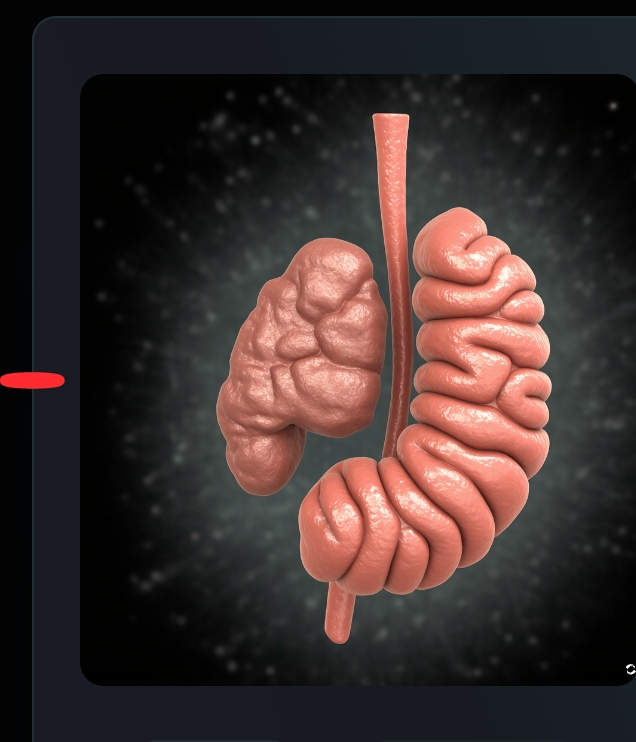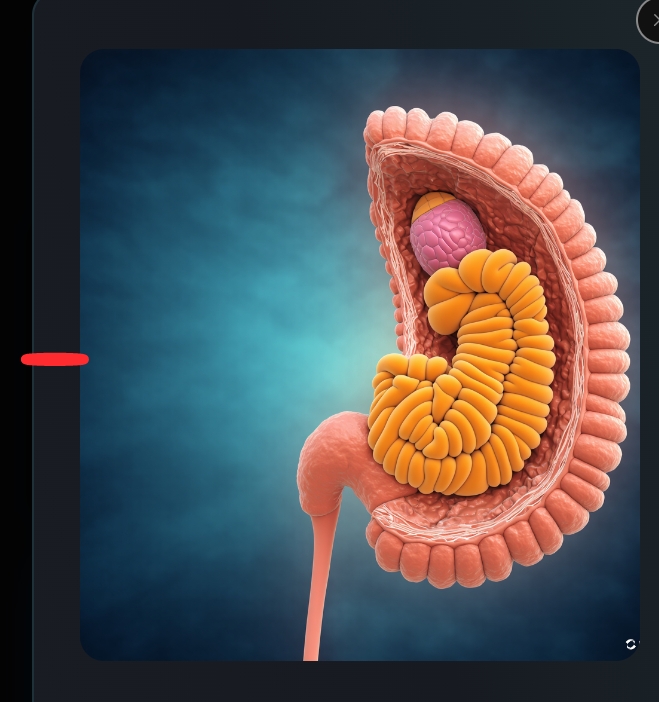

The Gut-Brain Connection: How Your Gut Affects Your Mood
Meta Description: Discover the powerful relationship between your gut and your brain! Learn how gut health impacts your mood, anxiety, and overall mental well-being, and explore strategies to improve both your gut and your mind.
Keywords: gut-brain connection, gut health, mental health, gut microbiome, mood, anxiety, depression, probiotics, prebiotics, gut bacteria, gut flora, gut-brain axis, microbiome, inflammation, digestive health, mental well-being, stress, healthy gut, gut health tips
Introduction:
For years, the gut has been primarily viewed as the site of digestion. However, groundbreaking research has revealed a profound and intricate connection between the gut and the brain, known as the gut-brain axis. This bidirectional communication pathway significantly influences our mental well-being, impacting mood, anxiety, and even cognitive function. Understanding this gut-brain connection is crucial for optimizing both physical and mental health. This blog post explores the fascinating relationship between gut health and mental well-being, providing insights into how to nurture a healthy gut for a healthier mind.
Part 1: The Gut-Brain Axis: A Complex Communication Network
The gut-brain axis is a complex network of communication pathways linking the gastrointestinal tract (gut) and the central nervous system (brain). This intricate communication occurs through various mechanisms:
- The Vagus Nerve: The vagus nerve is a major communication pathway between the gut and the brain. It transmits signals from the gut to the brain, influencing mood, stress response, and other neurological functions.
- Neurotransmitters: The gut produces and releases various neurotransmitters, including serotonin and dopamine, which play crucial roles in regulating mood, sleep, and cognitive function. A significant portion of serotonin, often called the “happy hormone,” is produced in the gut.
- Immune System: The gut’s immune system plays a vital role in the gut-brain axis. Inflammation in the gut can trigger inflammatory responses in the brain, contributing to mental health issues.
- Gut Microbiome: The gut microbiome, the vast community of microorganisms residing in the gut, plays a central role in the gut-brain axis. The composition and activity of the gut microbiome influence the production of neurotransmitters, immune responses, and the integrity of the gut lining. An imbalance in the gut microbiome (dysbiosis) is linked to various mental health conditions.
Part 2: How Gut Health Impacts Mental Well-being
Emerging research strongly suggests a link between gut health and mental well-being. Several mental health conditions are associated with gut dysbiosis:
- Anxiety and Depression: Studies have shown a correlation between gut dysbiosis and increased risk of anxiety and depression. Imbalances in gut bacteria can affect neurotransmitter production, leading to mood disturbances.
- Autism Spectrum Disorder (ASD): Research suggests that gut dysbiosis may play a role in the development of ASD. Changes in gut microbiota composition have been observed in individuals with ASD.
- Post-Traumatic Stress Disorder (PTSD): Gut dysbiosis has been linked to PTSD, potentially contributing to the development and severity of symptoms.
- Neurodegenerative Diseases: Emerging evidence suggests a link between gut dysbiosis and neurodegenerative diseases like Alzheimer’s and Parkinson’s disease. Gut inflammation may contribute to brain inflammation and neurodegeneration.
Part 3: Improving Gut Health for Better Mental Well-being
Nurturing a healthy gut is crucial for supporting mental well-being. Here are some key strategies:
- Diet: A balanced diet rich in fruits, vegetables, whole grains, and lean protein is essential for a healthy gut microbiome. Limit processed foods, sugary drinks, and excessive amounts of saturated and unhealthy fats.
- Probiotics: Probiotics are live microorganisms that, when consumed in adequate amounts, confer a health benefit. They can help restore balance to the gut microbiome. Sources include yogurt, kefir, sauerkraut, and probiotic supplements.
- Prebiotics: Prebiotics are non-digestible food ingredients that promote the growth of beneficial bacteria in the gut. They act as “food” for probiotics. Sources include fruits, vegetables, and whole grains.
- Fiber: Fiber is crucial for gut health. It feeds beneficial bacteria and promotes regular bowel movements. Increase your fiber intake through fruits, vegetables, whole grains, and legumes.
- Hydration: Adequate hydration is essential for optimal gut function. Drink plenty of water throughout the day.
- Stress Management: Chronic stress can negatively impact gut health. Practice stress-management techniques like meditation, yoga, or deep breathing exercises.
- Sleep: Sufficient sleep is crucial for both gut and brain health. Aim for 7-9 hours of quality sleep per night.
- Limit Alcohol Consumption: Excessive alcohol consumption can disrupt the gut microbiome.
- Avoid Unnecessary Antibiotics: Antibiotics can kill both harmful and beneficial bacteria in the gut. Use antibiotics only when necessary and consider taking probiotics during and after antibiotic treatment.
Part 4: The Role of Inflammation
Inflammation plays a significant role in the gut-brain connection. Chronic inflammation in the gut can trigger inflammatory responses in the brain, contributing to mental health issues. Reducing inflammation through diet and lifestyle changes is crucial for supporting both gut and brain health. Foods that can reduce inflammation include:
- Fatty Fish: Rich in omega-3 fatty acids, which have anti-inflammatory properties.
- Berries: Packed with antioxidants that combat inflammation.
- Leafy Greens: Excellent sources of vitamins and minerals with anti-inflammatory effects.
- Turmeric: Contains curcumin, a potent anti-inflammatory compound.
Part 5: When to Seek Professional Help
If you’re experiencing persistent mental health issues, it’s crucial to seek professional help. A healthcare professional can assess your symptoms, rule out other medical conditions, and recommend appropriate treatment options. While improving gut health can be beneficial, it’s not a replacement for professional mental health care.
Conclusion:
The gut-brain connection highlights the profound influence of gut health on mental well-being. Nurturing a healthy gut through diet, lifestyle changes, and stress management is crucial for supporting both physical and mental health. By understanding the intricate relationship between the gut and the brain, we can take proactive steps to improve our overall well-being. Remember that while improving gut health can be beneficial for mental health, it’s essential to seek professional help for persistent mental health concerns. A healthy gut is a crucial foundation for a healthy mind.






